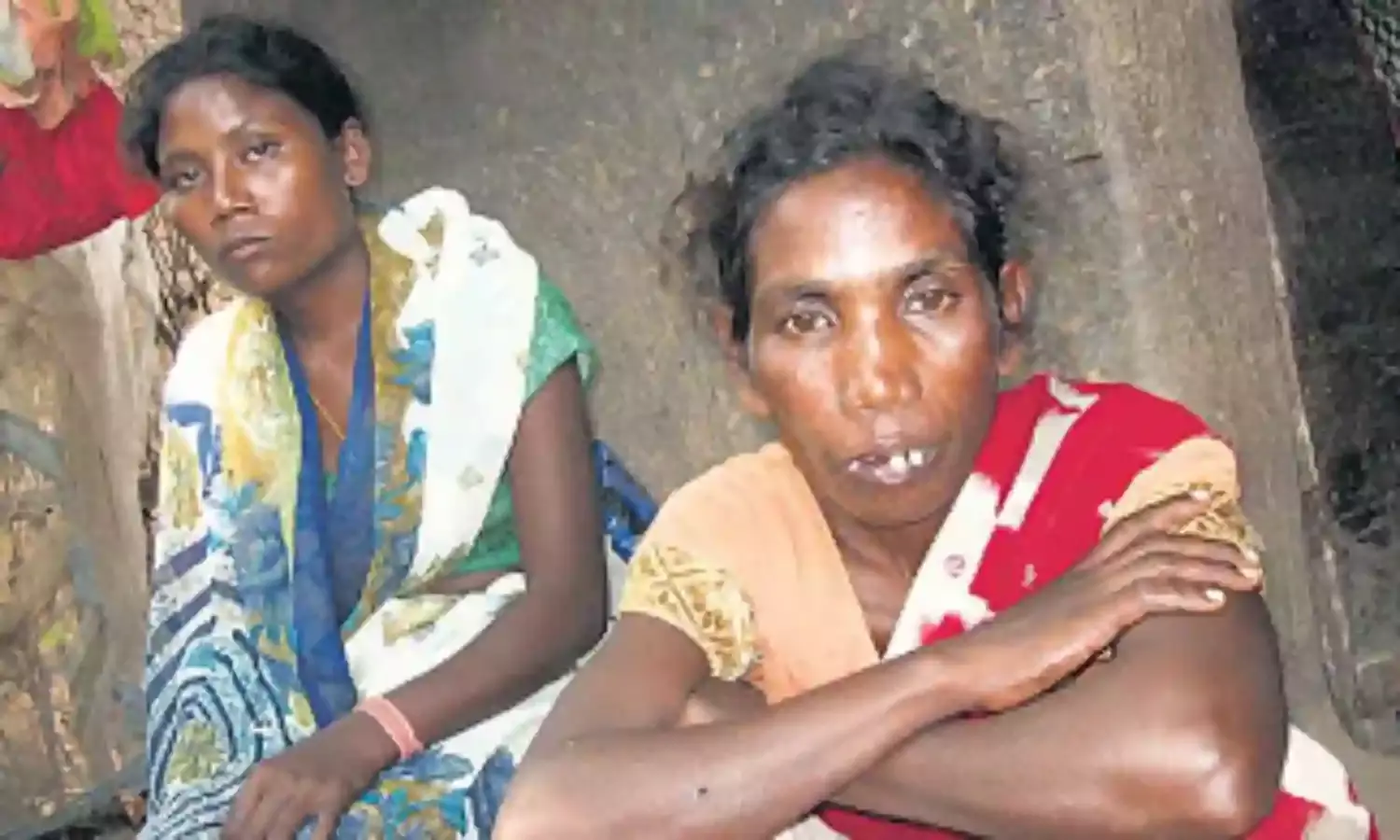No Aadhar No Food: Yet Another Starvation Death Reported From Jharkhand, Still Counting'..
Govt indulges in hyperbole, no action on the ground

NEW DELHI: September 28, 2017: Santoshi Kumar, 11, Simdega district died of hunger. Her mother Koyli Devi said that the family was not receiving rations under the Public Distribution scheme for the past several months as their ration cards were not linked to Aadhar.
October 21,2017: Baidyanath Das died at Jharia, Dhanbad district. His family said they had applied for ration cards several times but were still not enlisted.
October 23, 2017: Ruplal Marandi, a daily wage earner, died in Manoharpur village in Deoghar district. His daughter said that her father died of hunger as the family could not collect rations as their ration card could not be linked to Aadhar because of a technical glitch.
December 1,2017: Premani Kunwar died in Danda block of Garhwa district. because of glitches in the alleged Aadhaar-bank integration system. Her old-age pension had been diverted to another account. She died of hunger and exhaustion.
December 25, 2017: Etwariya Devi died in Garhwa district. She and her family were denied ration for three months. Her family said that the local PDS dealer did not release the rations because of a failure in biometric authentication.
January 15, 2018: News just came in of widow Budhni Soren, died in Giridi district. She was a widow with a seven year old son. She was not getting rations. She had no money, caught cold and died as she could not get even the basic leaves that she often collected to make dona-pattals. Villagers said that she would go to school at times to share her sons midday meal. Her case was even in worse than the others as she had no ration card, let alone Aadhar card. Local villagers including the Mukhiya of Thansinghdih Panchayat, Baleshwar Rao said he had received news that she was dying of starvation. The local authorities claimed that she had potatoes and rice in the house. The villagers were categorical that these had been placed in her hut after her death.
The Jharkhand government remains in a state of denial about the numbers impacted, although it did admit that the decision to cancel ration cards not linked to Aadhar had created some levels of distress. Fact finding reports by the Right to Food Campaign has confirmed most of the above reported deaths as being due to starvation caused by a denial of rations. The state government continues to look for reasons other than hunger. Cold, illness remain top favourite excuses for what are recognised not just by visiting teams and journalists but by the villagers themselves as starvation deaths.
The condition of Jharkhands poor took a turn for the worse after state Chief Secretary Rajbala Verma issued orders in September 2017 cancelling all ration cards that were not linked with Aadhar, under political directives. As a result poorest of poor families were denied rations, and turned away from the PDS shops. The Right to Food Campaign is categorical that the state government failed to ensure delivery of rations to the families on the basis of this order. Activist Jean Dreze told the media earlier that the main problem here remained the linkage of food cards to Aadhar And that at least 10 percent totally nearly 12 lakh individuals---this figure being conservative in his view---were unable to get rations since September because of problems in biometric authentication.
Local activists point out that only 8 of Jharkhands 24 districts have a District Supply Officer, seen to be key in the public distribution system supply chain. Other officials double up for the task, leaving it thus unattended. Demands to ensure post mortem of those dying of starvation and hunger have been ignored by the state government. Activists claim that over a million ration cards not linked to Aadhar were cancelled by the government as per the order.



